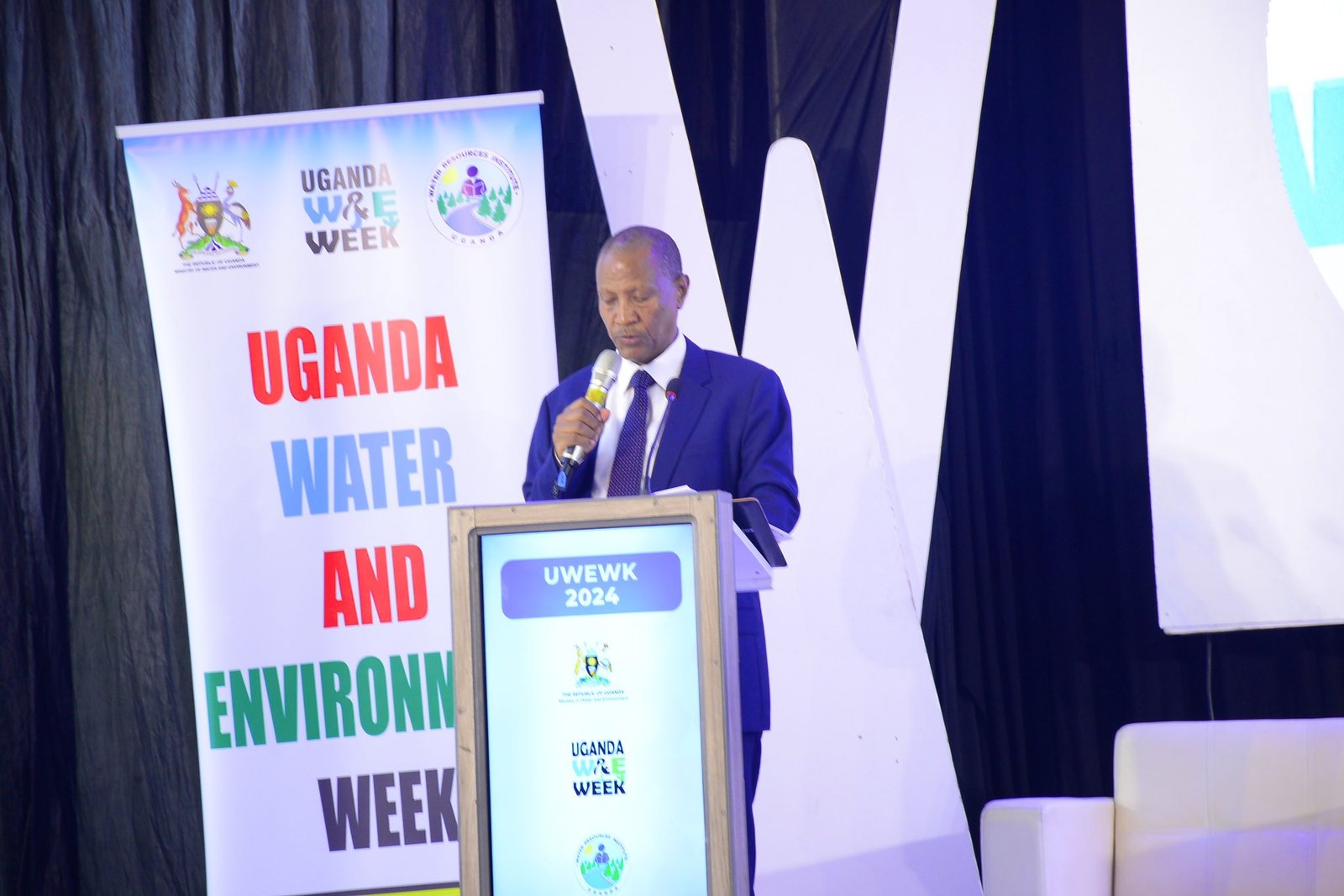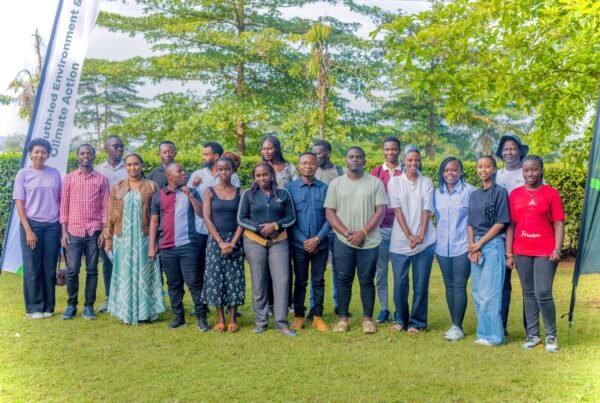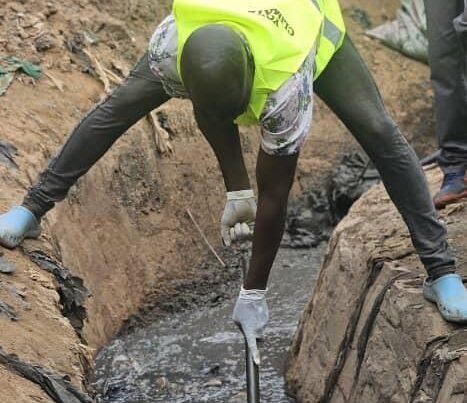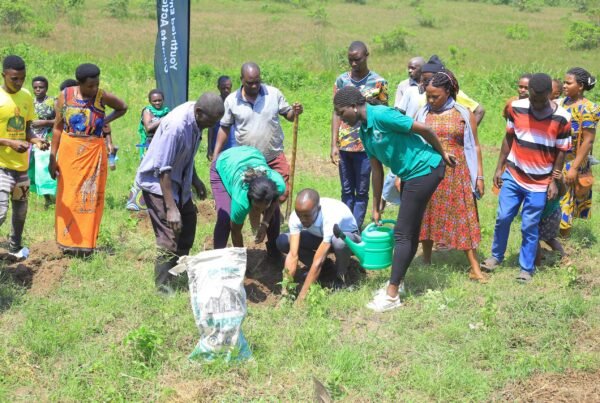The 7th edition of the Uganda National Water and Environment Week kicked off today, 18th March 2024, at the Ministry of Water and Environment, setting the stage for critical discussions on sustainable development and the urgent need to transition away from fossil fuels. With distinguished speakers and stakeholders gathered, the event marks a pivotal moment in Uganda’s journey towards a greener, more resilient future.
“We must re-think development without heavily depending on fossil fuels.”
Susan Namondo
With it’s inauguration in 2018, the Uganda Water and Environment week marks it’s 7th annivasary today. This year’s water week is organized under the theme: Re-thinking collective action and innovative solutions to water, environment and climate change crisis in Uganda.
Many speakers were very vocal about putting more efforts in spreading the message of climate change to the lower communities in villages than focusing on urban areas because the most damage is in the lower communities where people have no information about climate change. Educating as many people as possible as well as improving on the enforcement of regulations, avoiding over dependency on foreign technology that might not be effective and adaptable to our environment were few of the many solutions that were suggested by various speakers.

Even though a few speakers hinted on the effects of fossil fuels to the environment, Susan Namondo, the United Nations Resident Coordinator in Uganda, was loud enough while delivering her compelling speech, urging stakeholders to re-think traditional development paradigms and embrace renewable energy alternatives. “The time has come for Uganda to prioritize sustainable development pathways that reduce our reliance on fossil fuels and mitigate the impacts of climate change. We must re-think development without heavily depending on fossil fuels,” she emphasized.
As the world grapples with the devastating effects of climate change, Uganda stands at a crossroads, poised to lead the way in adopting clean energy solutions and building climate-resilient communities yet in plans of implementing one of the deadliest fossil fuel projects, the East African Crude Oil Pipeline (EACOP) together with TotalEnergies and China National Offshore Oil Corporation. There is urgent need to call off this and more of such projects for Uganda to move in the right direction of climate action.
Throughout the week-long event, participants will engage in a series of thematic discussions and workshops focused on key areas of concern, including; renewable energy transition, climate resilience and adaptation, sustainable transport and more. With abundant natural resources such as solar, wind, and hydroelectric power, Uganda has the potential to become a regional leader in renewable energy production.
The National Climate Change Policy outlines adaptation strategies to build resilience in vulnerable communities, yet implementation remains a challenge. The transportation sector is a major contributor to Uganda’s greenhouse gas emissions, primarily through reliance on fossil fuel-powered vehicles. Talks about projects like the Kira Ev should be highlighted at this point. There is need to make such climate friendly means of transport cost friendly in order to be affordable.
As the Uganda Water and Environment Week unfolds, participants and the general public are called upon to embrace the opportunity to re-imagine development without depending on fossil fuels. Through collaboration, innovation, and collective action, Uganda can chart a course towards a more sustainable and prosperous future, ensuring a legacy of resilience and well-being for generations to come.



